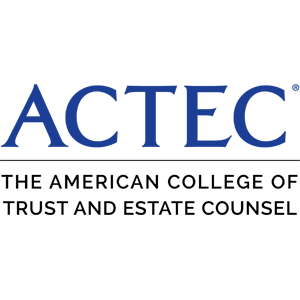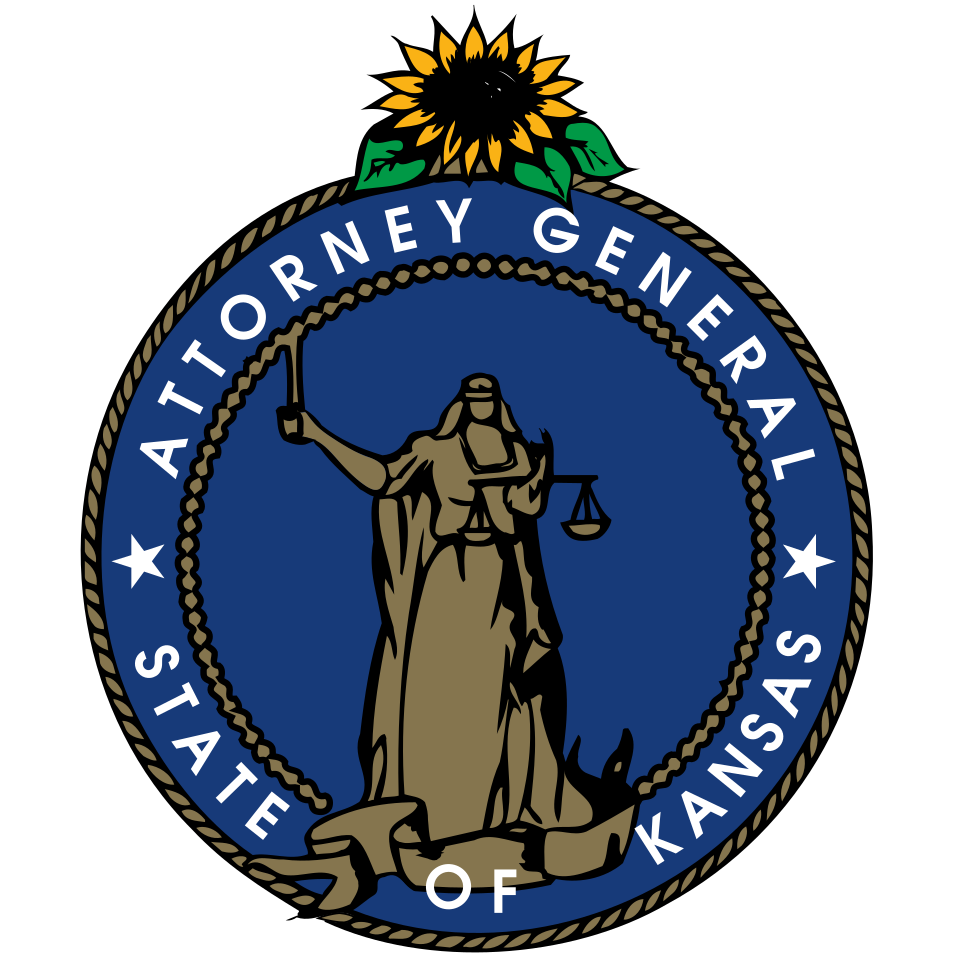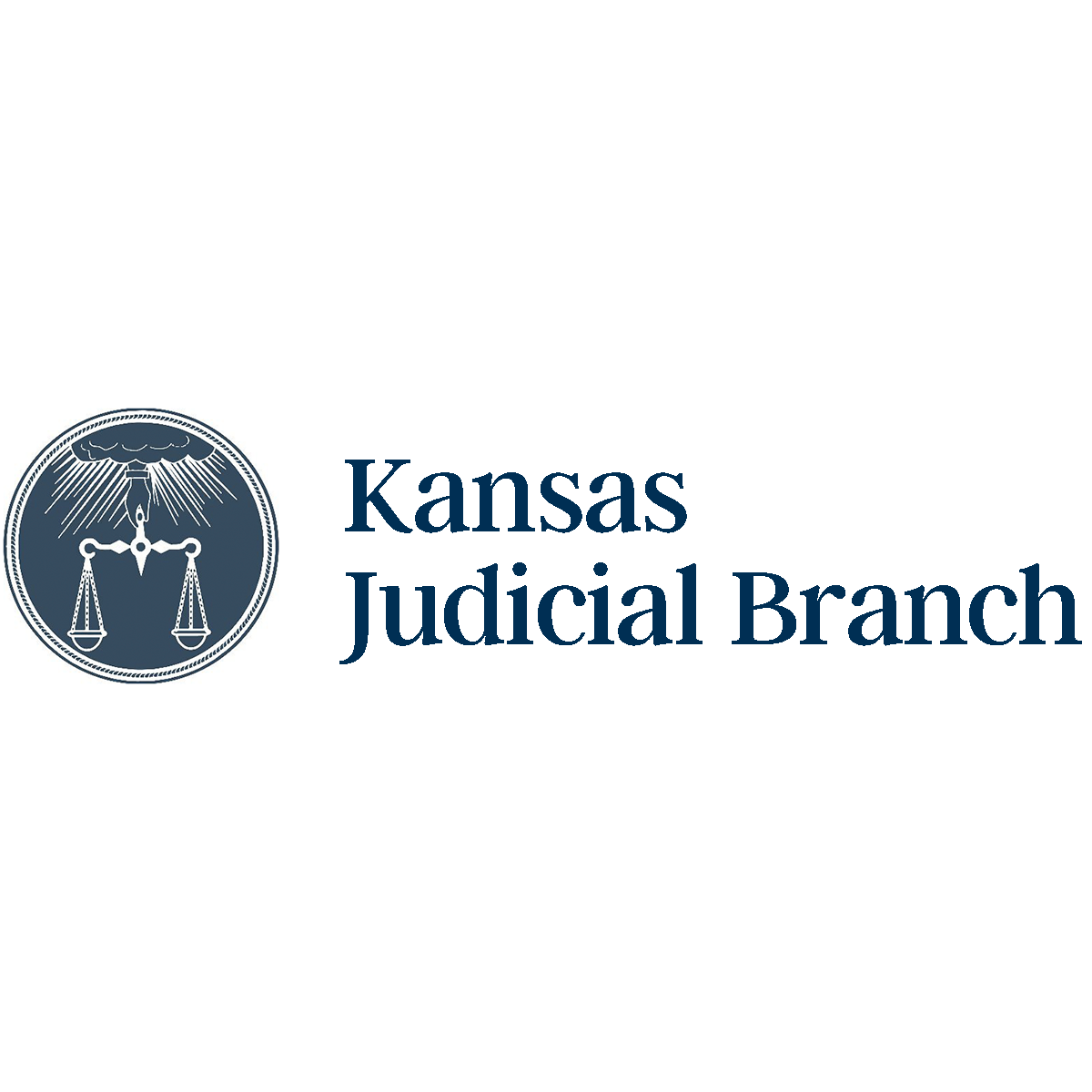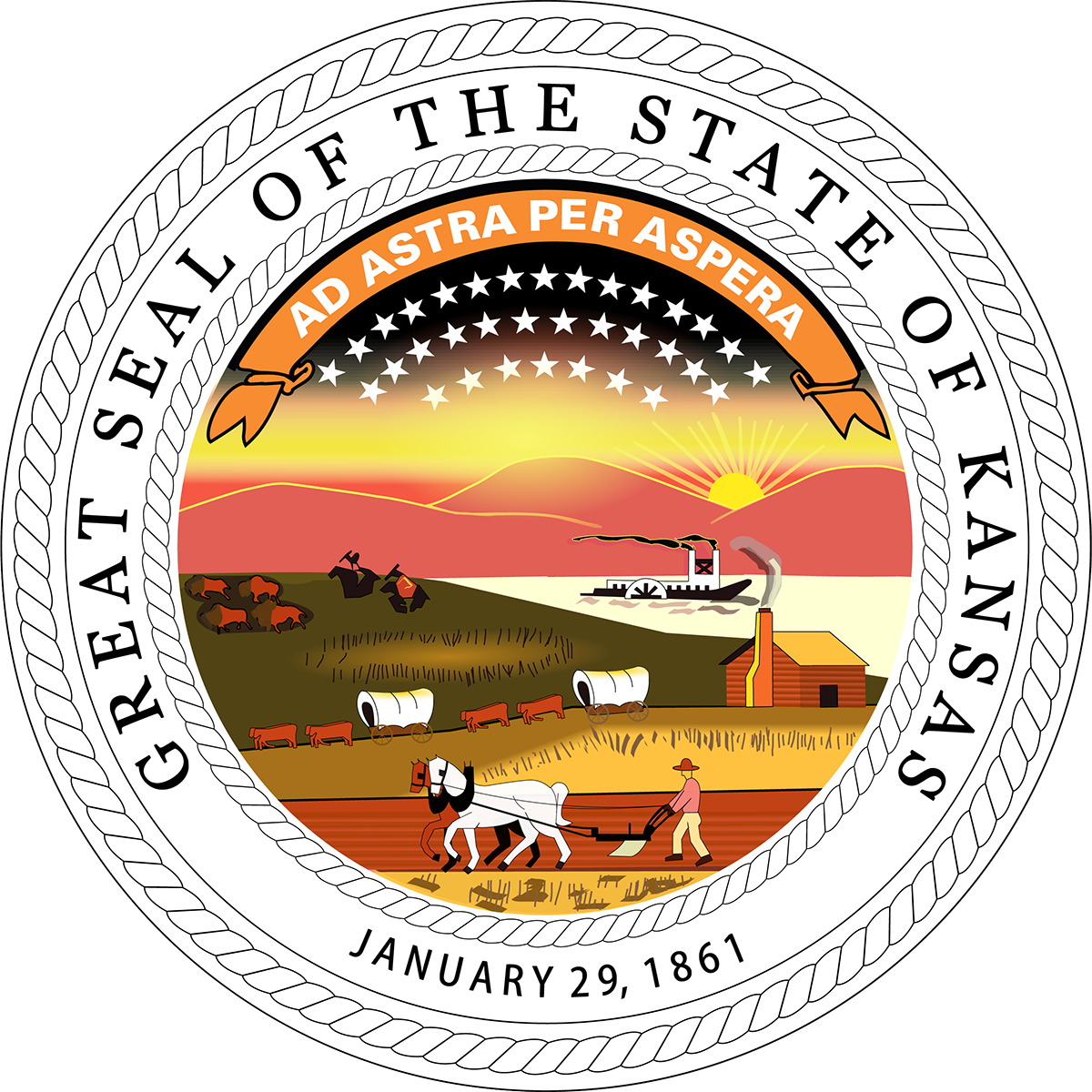Kansas Attorney General's Office - The Kansas Attorney General's Office, led by the Attorney General, who is elected by the people, serves as the state's chief legal advisor. This office is responsible for providing legal counsel to state agencies and officials, representing Kansas in legal matters, both civil and criminal. The Attorney General's Office plays a crucial role in prosecuting and defending legal actions on behalf of the state, issuing legal opinions, and overseeing the enforcement of laws. Additionally, it addresses various legal issues, including consumer protection, public safety, and environmental concerns.












